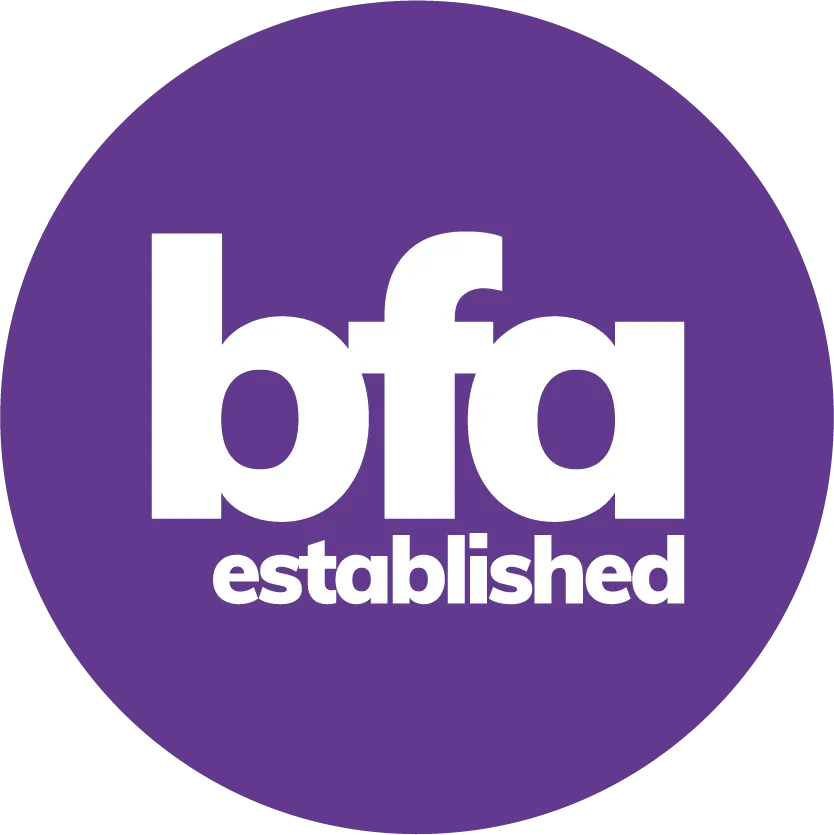Accounting best practices for estate agents
Proper accounting practices are essential for estate agents and brokers to have a profitable, sustainable business. With large amounts of money moving through these transactions, it’s crucial that agents have sound financial management procedures in place. Poor record keeping can lead to legal troubles down the road, especially when it comes to managing client trust accounts, and result in an unscalable business.
Additionally, without good bookkeeping, agents may end up paying more taxes than necessary or miss out on legitimate business expense deductions. By setting up organised systems for tracking income and expenses, property professionals can avoid major headaches at tax time and focus on building their business. Here, we’ll outline key accounting best practices that every agency should follow in order to keep their finances in order and avoid any compliance issues.
Set up proper bookkeeping
One of the most important things estate agents can do is establish an organised bookkeeping system from the start, and digitisation is the way forward. There are several options when it comes to record keeping, such as utilising bookkeeping software like QuickBooks or Xero which allow for easy categorisation of transactions and income and expense tracking. The software can sync with bank accounts and generate financial statements.
For those who prefer a human touch, hiring an accountant or bookkeeper is highly advisable. They can handle setting up the books, recording transactions, reconciling accounts and producing financial reports so you don’t have to worry about making costly mistakes.
No matter what bookkeeping method is chosen, agents should ensure all income and expenses are being recorded in an accurate and timely manner. Transactions should be categorised such as listing fees, commission income, advertising or office supplies. This makes it easier when it comes time to reference documentation for tax preparation and financial review.
Understand VAT guidelines
Value Added Tax (VAT) is an important consideration for estate agents in the UK. “Calculating VAT correctly is a challenge that every business faces”, explains one leading accountancy firm “it is important to stay up-to-date with UK laws across this ever-changing industry. Misunderstanding VAT can lead to unintentional underpayment or overpayment of VAT”.
The VAT rules for estate agents in the UK can be a bit complex, as they depend on the services they provide and the type of property they’re dealing with. Estate agents are only required to register for VAT if their taxable turnover exceeds the current threshold of £85,000 per year, but there are also additional considerations based on the services provided and the type of property or land sold. Getting professional tax advice is recommended to ensure you are accounting for VAT properly and maximising reclaims available.
Maintain receipts and documents
Proper documentation is essential to support transactions and expenses and provide evidence for tax purposes. Agencies should retain receipts, contracts, invoices, statements, and any other supporting documents related to property deals. In the UK, financial records must be kept for 5 years after the 31 January submission deadline of the relevant tax year. Records can be stored digitally or printed but keeping them is vital.
When bringing on a new listing, keep copies of signed listing agreements detailing commission structures and any shared costs between the agent and seller. For successful sales, retain any closing statements and contracts, sale and purchase agreements, and commission payment documentation. A purely online estate agency can manage offers and having organised records makes it easy to locate necessary documents down the line for accounting, taxes or to resolve any conflicts that might arise in the future.
Staying on top of documentation also helps with end of year tax reporting obligations. Proper documentation provides accountability and a paper trail for all property transactions. This protects agents and gives credibility during tax time.
Be aware of permissible expenses
Estate agents need to be aware of expense deduction rules set by HMRC. Some costs related to running an agency business can be claimed as allowable expenses to reduce tax liability. Allowable expenses may include:
- Office rent and utility bills
- Office supplies and equipment
- Agent licensing fees
- Advertising and marketing costs including estate agency boards
- Vehicle mileage and maintenance
- Accounting and legal fees
- Training courses and continuing education
- Mobile phone and internet expenses
- Depreciation on long-term assets
However, there are many expenses that aren’t permitted, so being clued up on what is and isn’t allowed is vital to avoid having to waste time making corrections in the future. To qualify for deduction, business expenses must be “wholly and exclusively” incurred for income generation purposes. Agents should take care to separate personal and business outgoings, and take advantage of all available business expense reductions to allow agents to lower their overall tax burden.
Forecast for your business
Budgeting and forecasting are essential navigation tools for estate agencies to chart a course toward financial growth and stability. Crafting a comprehensive annual budget provides a clear roadmap, outlining projected income from sales, rentals and other revenue streams, as well as anticipated expenses like marketing, payroll, supplies, taxes and other operating costs.
Breaking the annual budget down into monthly segments allows for close tracking of actual spending versus projections throughout the year. This granular view enables adaptations to be made if circumstances change. For accuracy, budgets should be based on realistic, data-driven projections not optimism, with contingencies built in for unforeseen expenses. Proactive forecasting of cash inflows and outflows ensures sufficient liquidity is available to fund operations and growth. Budgets and forecasts should be regularly reviewed and updated as needed when conditions change.
In summary, implementing strong accounting practices is a wise investment for estate agents and property professionals who want to build and maintain a thriving business. From utilising proper bookkeeping methods to documenting transactions meticulously and staying up to date on the latest tax and VAT rules, agents can avoid many pitfalls by getting their finances in order.
While good accounting may require more work upfront, the long-term benefits of accurate record keeping and financial transparency far outweigh the costs in hassle and time. By following the best practices outlined here, estate agents can keep their businesses profitable, compliant and positioned for lasting success.
Written by Agency Express guest writer Annie Button



 Login
Login















